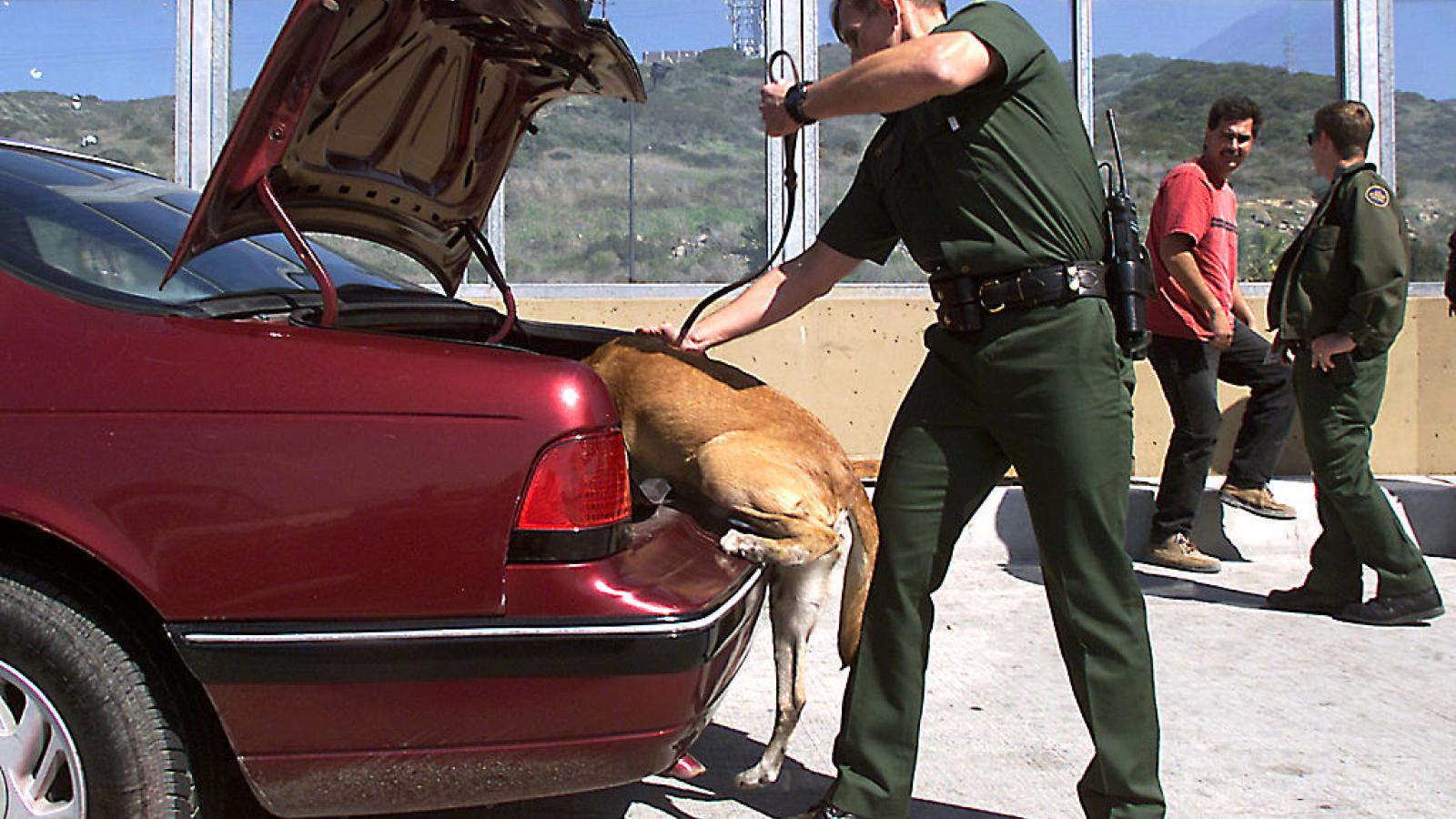Border Patrol agents 'feel defeated' under Biden, says head of agency union

National Border Patrol Council President Brandon Judd on Tuesday said that agents "feel defeated" after just over a year under President Joe Biden's immigration policies.
While illegal immigration is already at "high levels," U.S. Customs and Border Protection (CBP) has warned that agents will "likely face an increase in encounters" after the White House ends Title 42, a Trump-era policy that expedited the deportation of illegal aliens at the border to limit the spread of COVID-19.
Judd, who has served as a Border Patrol agent for 25 years, told "Just the News – Not Noise" that he has "never seen morale any lower" than it is now.
Normally before shifts, agents have a meeting, Judd explained. Before Biden, the meetings "used to be a lot of camaraderie, a lot of talking, a lot of joking," he recalled.
During recent meetings, "nobody's talking," Judd told cohosts John Solomon and Amanda Head. "Heads are down. We feel defeated. We just know that we're not able to do the job that is necessary to protect the American public.
"Under this Defund [the] Police movement and under these policies that are giving us the least amount of border security than we've ever seen, we just don't feel like we're accomplishing anything. We go home and we feel defeated every day."
In February 2022, agents saw more than 160,000 southwest border encounters, according to CBP data. Right before the COVID-19 lockdown in February 2020 while President Donald Trump was still in office, agents encountered less than 37,000 illegal immigrants.
Judd said that when Border Patrol agents apprehend 3,000 migrants a day, their "resources are stretched nearly to the limits."
"When we have 5,000 apprehensions per day, we're in a crisis," he said. "Now you're robbing Peter to pay Paul. You're pulling resources from one area, [and] redirecting them to another area. But when you do that you're creating gaps in coverage, and you're creating openings that the cartels can then exploit."
Agents may soon apprehend 8,000 illegal immigrants each day, and they will be "overwhelmed across the entire southwest border" at that point, according to Judd.
"Large stretches of border are just completely left open," including a 250-mile stretch, while agents focus on apprehensions, he said.
Judd has warned before that if Title 42 ends, the "cartels are going to control our borders."
"This allows the cartels to cross whatever products they want, whether that's fentanyl that's killing so many of our U.S. citizens or criminal aliens," he said on Tuesday. "It's a very dangerous situation that we're seeing right now."
Chad Wolf, acting Homeland Security Secretary under Trump, told "Just the News – Not Noise" that he approves of states taking immigration into their own hands, citing a bill filed by Rep. Bill Posey (R-Fla.) to allow states to enforce immigration laws if the federal government does not.
"You have the states starting to take unprecedented action," he said. "I think it's the right action. "The Biden administration has clearly sort of washed their hands of any type of border security or immigration enforcement. And I think that's just the wrong approach."
Don McLaughlin is mayor of Uvalde, Texas, a border town with a population of more than 15,000 people.
The mayor told "Just the News" on Tuesday that in his town "parents don't let their kids play out in their yards anymore, because they don't know what's coming down the street or who's coming."
"Human smugglers" drive through the town "100 miles an hour through their neighborhoods," he said.
McLaughlin added that last year, schools in his community went into lockdown 48 times because of "bailouts," which happen when police try to pull over a suspected smuggler, who then slows down or stops to allow the passengers to scatter to avoid getting caught.
Schools in his community have had to go into lockdown "four or five times already this year" due to bailouts, he said.